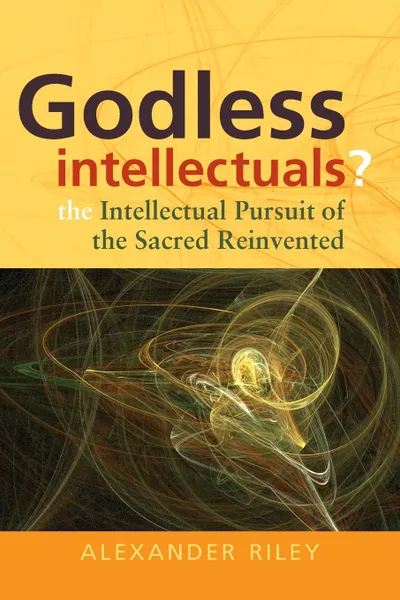Godless Intellectuals?. The Intellectual Pursuit of the Sacred Reinvented 12+
Автор: Alexander Tristan Riley
2012
310 страниц
Категория: Литература на иностранных языках
ISBN: 9780857458056
Язык: Английский
📗 The Durkheimians have traditionally been understood as positivist, secular thinkers, fully within the Enlightenment project of limitless reason and progress. In a radical revision of this view, this book persuasively argues that the core members of the Durkheimian circle (Durkheim himself, Marcel Mauss, Henri Hubert and Robert Hertz) are significantly more complicated than this. Through his extensive analysis of large volumes of correspondence as well as historical and macro-sociological mappings of the intellectual and social worlds in which the Durkheimian project emerged, the author shows the Durkheimian project to have constituted a quasi-religious quest in ways much deeper than most interpreters have thought. Their fascination, both personal and intellectual, with the sacred is the basis on which the author reconstructs some important components of modern French intellectual history, connecting Durkheimian thought to key representatives of French poststructuralism and postmodernism: Bataille, Foucault, Derrida, Baudrillard, and Deleuze.
Alexander Tristan Riley received his PhD from the University of California, San Diego in 2000. Currently he is Professor of Sociology at Bucknell University. He writes and teaches in the areas of cultural and social theory and cultural sociology.
Alexander Tristan Riley received his PhD from the University of California, San Diego in 2000. Currently he is Professor of Sociology at Bucknell University. He writes and teaches in the areas of cultural and social theory and cultural sociology.
Мнения
